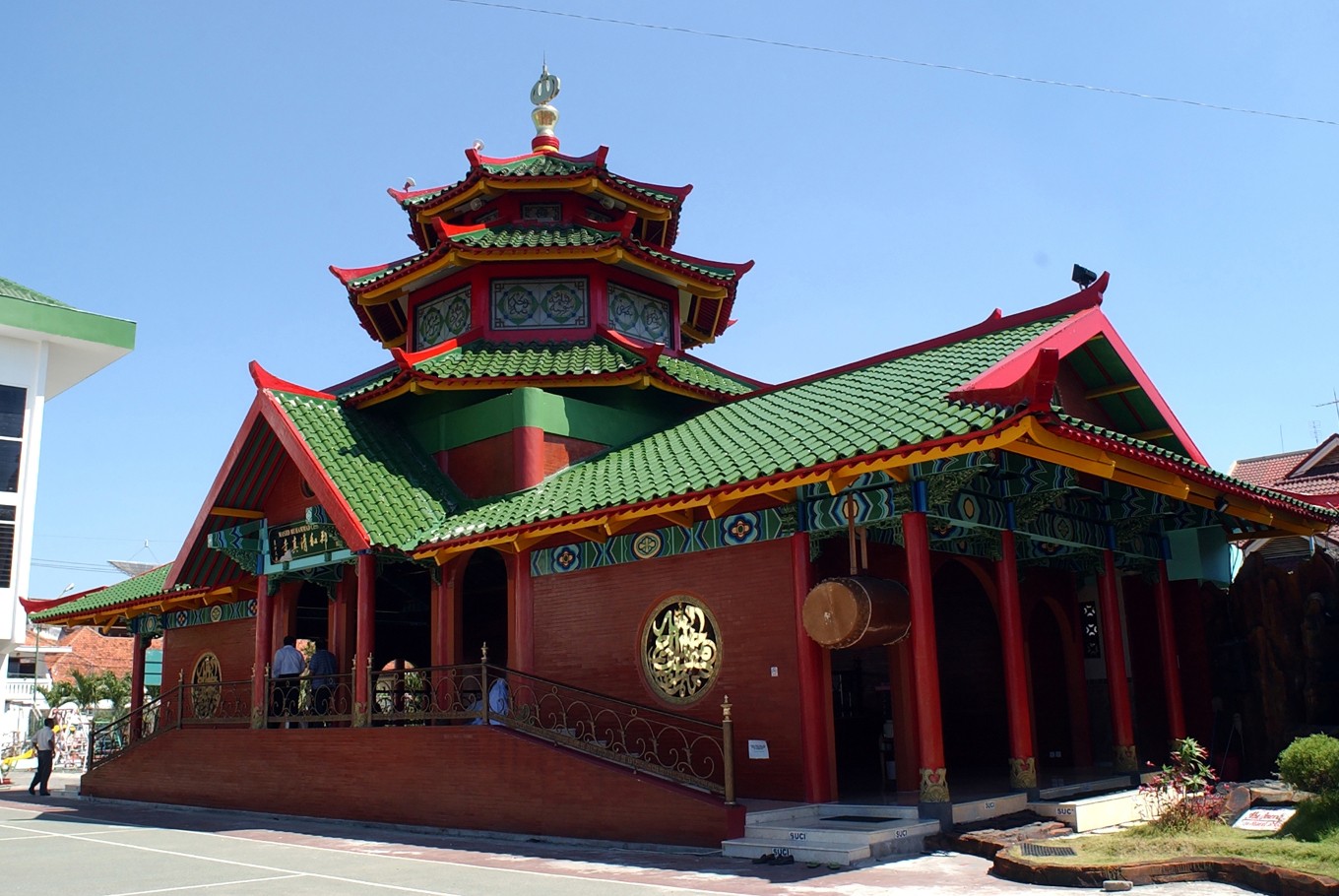Popular Reads
Top Results
Can't find what you're looking for?
View all search resultsPopular Reads
Top Results
Can't find what you're looking for?
View all search resultsEssay: Multiculturalism
Attention should be paid to collective efforts to make multiculturalism central to the country’s social identity.
Change text size
Gift Premium Articles
to Anyone
A
burning issue still currently being addressed across the country is multiculturalism. Indonesia’s problem solving in response to various dissenting opinions suggests the country’s approach to multiculturalism remains long on words, short on action.
Like it or not, the demand for a respectful and productive multicultural society is inseparable from the peaceful coexistence of several different religions in Indonesia. In addition, amid a global trend in which multicultural societies are sought after as a source of a country’s competitive edge, we need to be serious about establishing a harmonious multicultural society, today and tomorrow.
As a matter of fact, multiculturalism can offer a number of benefits for our country. Attention should be paid to collective efforts to make multiculturalism central to the country’s social identity.
Multiculturalism requires one to leave his comfort zone. It takes guts to be a genuine multiculturalist. Collaborating with people from different cultures, working for foreign companies and enjoying assorted ethnic cuisines, to mention just a few, are small steps toward a practical multiculturalism.
Collaborating with people from different cultures precludes a fallacious ethnic pride. Frankly speaking, ethnic pride — feeling a sense of belonging to one or more ethnic groups — is very positive because it involves an appreciation and understanding of one’s culture and history.
However, overweening ethnic pride is detrimental to social harmony. Building teamwork work among people of different cultures prompts people to push their own limits. However, many stand still, trapped in a stagnant mindset, incapable of pushing their limits as a consequence of their comfort zones.
Working for a foreign company or in a foreign atmosphere helps familiarize one to a common language — professionalism. In a multinational enterprise, what matters most is not one’s culture, but their contribution, not one’s differences, but their performance. In an environment where professionalism speaks loudest, cultural and religious differences are not barriers to performing great feats. Instead, multiculturalism can add energy to create a better workplace.
One also requires a strong will to enjoy diverse ethnic cuisines. Though it may sound silly and trivial, many Indonesians encounter hard times surviving overseas without rice and sambal (chili sauce).
As a Padangnese, for example, I cannot live without Padang food and am never fed up with its globally recognized deliciousness. But I must concede that this “culinary addiction” is unproductive for social gatherings, travel and even academic accomplishments. The spirit of multiculturalism thrives when negotiation, including that of culinary habits, is at the ready.
The rapid rate of globalization has made multiculturalism an important component of a country’s progress. A country that places considerable stress on the ideas of progress, including on multiculturalism, will developed quickly. Multicultural countries excel at attracting the best talent, an important driver of development. The world has witnessed the transformations of many previously underestimated countries into major forces over the last thirty years, thanks to their belief in multiculturalism.
In the 1980s, Dubai was pretty much the same as Padang, a small fishing town. Now it even surpasses Jakarta as one of the world’s fastest growing economies, let alone Padang. Rather than relying on gas and oil resources, which are expected to be exhausted in 20 years, its economy is driven by tourism, aviation, real estate and financial services.
Bolstered by a far-sighted vision, Mohammed bin Rashid Al Maktoum, the Emir of Dubai, believes the greatness of Dubai lies in human resources. For that purpose, he has opened the door of the city to the world’s best and brightest to come and contribute to the city. Dubai has emerged as a global city and business hub of the Middle East because of its multicultural society.
Multiculturalism can, likewise, be an asset to Indonesia. True multiculturalism creates room for people to collaborate and remain tolerant in the midst of disagreement. A genuine engagement with diversity is a source of social capital, which needs to be taken care of regardless of place or time.
***
The writer, a lecturer at Andalas University, is a doctoral student at Deakin University, Australia











